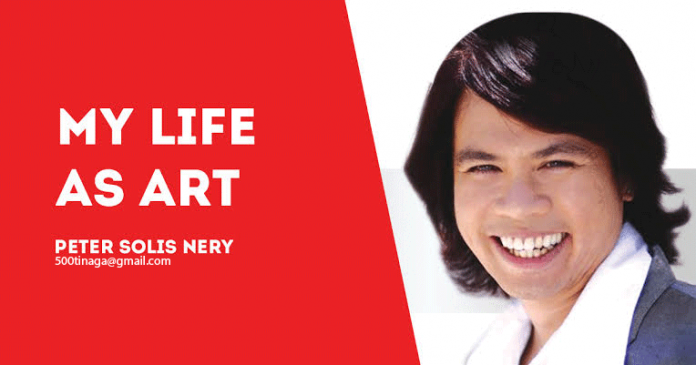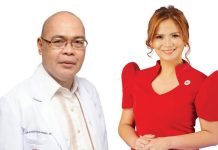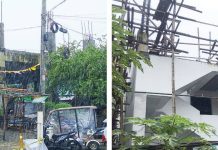
AT THE 2nd International Conference of Literature Educators in October, I was invited to speak on “How Regional Literature Could Pave the Way for Inclusive and Equitable Education, and Lifelong Learning Opportunities.”
Here is the continuation of my speech:
***
One of the barriers of inclusive education is the attitude of the people, and the resistance to accommodate that which is different.
For decades, we have been fighting the idea of the imperial Manila (bad news: it’s still imperial Manila), but when we relegate ourselves as regional writers, don’t we just put ourselves in a marginalized position?
***
If we are fighting against the centrality of Manila, doesn’t that position us as the Other, the outsider, the one that doesn’t belong to the center?
Ever since I was growing up in the 80s, we were already fighting the idea of “Basta promdi, bakya”.
And still we fight that idea today.
***
I’m pretty sure that you still put a higher premium to authors published in Manila, or who have access to the Manila circle.
I have 19 Palanca awards under my name, 21 total by the end of November this year, across at least seven categories (short story, full-length play, one-act-play, poetry for children, tulang pambata, dulang may isang yugto, dulang ganap ang haba), across three languages (Hiligaynon, English, Filipino).
***
It must mean that I must be a pretty good writer, yes?
And to win two awards this year must mean I’m still pretty relevant, yes?
***
But where am I as a producer of award-winning literature, vetted by scholars and judged by my writing peers in the Philippines via the Palanca, if this is the first time that you heard of me or my name?
If you haven’t taught any of my poems, or stories, or plays in your class?
Or more importantly, since you are a literature educator, if you haven’t read any of my literature?
***
And so, again, I thank you for your invitation for me to speak in this conference.
I’m sorry to beg the question, or the theme of the conference or even the prescribed tenor of my presentation which is “How regional literature could pave the way for inclusive, equitable education, and lifelong learning process.”
***
I feel that this is more important to teach:
That when we choose to use literature in the education of our post-pandemic learners, we should open our eyes to literatures that best serve to enlighten us about our 21st century realities and issues no matter which region they come from.
***
What is 21st century literature or post-pandemic literature?
For me, it should tackle themes like LGBTQIA (more than just male-female gender issues), mental health, climate justice/change, fake news, massive misinformation, modern loneliness, and non-traditional sexual expression.
Post-pandemic literature must include stress coping management, health promotion/consciousness, creative solitude/isolation, socio-political awareness.
***
Who shapes literature education?
The well-read, and discriminating literature educators!
While they should be open to ideas from their learners, they should push for literatures that truly liberate and promote better humanism.
They should be able to recommend real 21st century literature, and not just rely on the revered traditions of the past, or the popular reads of the present.
They should be able to point out why some literatures matter, or are important; and why some are not.
***
What literature to recommend?
Literatures that are transformative.
Books or stories that, after reading, make us better people, or wiser human beings.
The best books help us change our points of view, or at least help us question some of our strongly held beliefs.
If a story does not widen our experience, or does not help us appreciate our humanity, does not help us think, then we just wasted our time on it.
Wasted our money, too, if we spent on it.
***
I will not suggest that you start Literature education in the classroom using my Palanca-winning stories, poems, and plays.
But do it anyway.
That will make your life easier.
— You are welcome!
***
Once again, my name is Peter Solis Nery.
| And more than just a regional author, I am a Filipino author!/PN |





